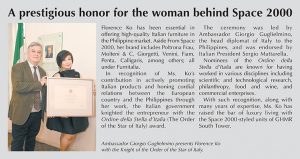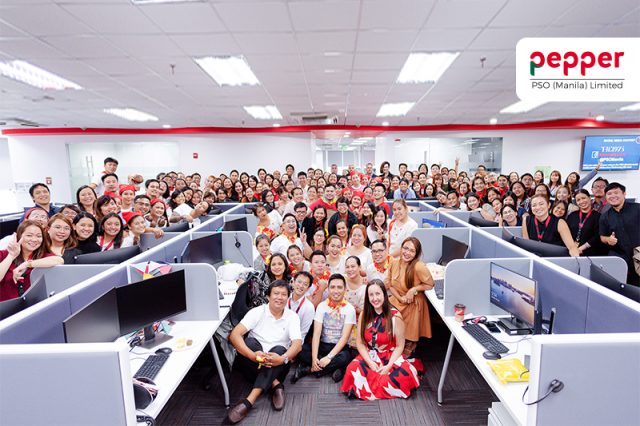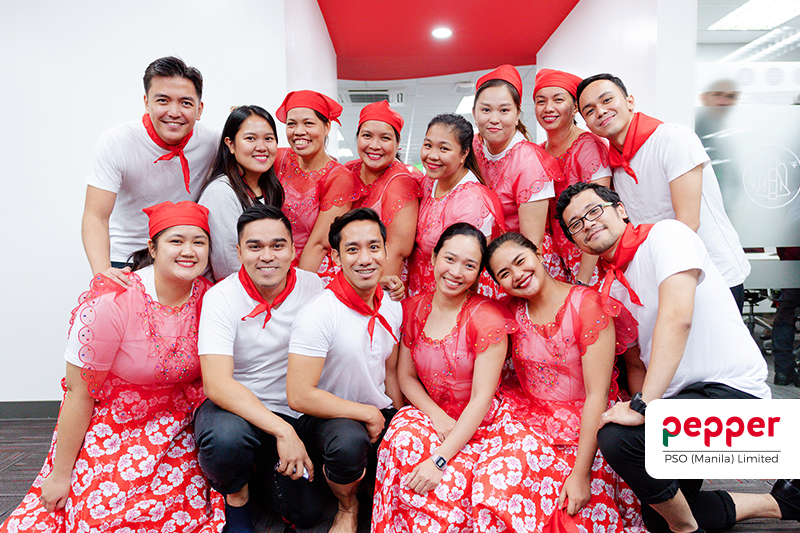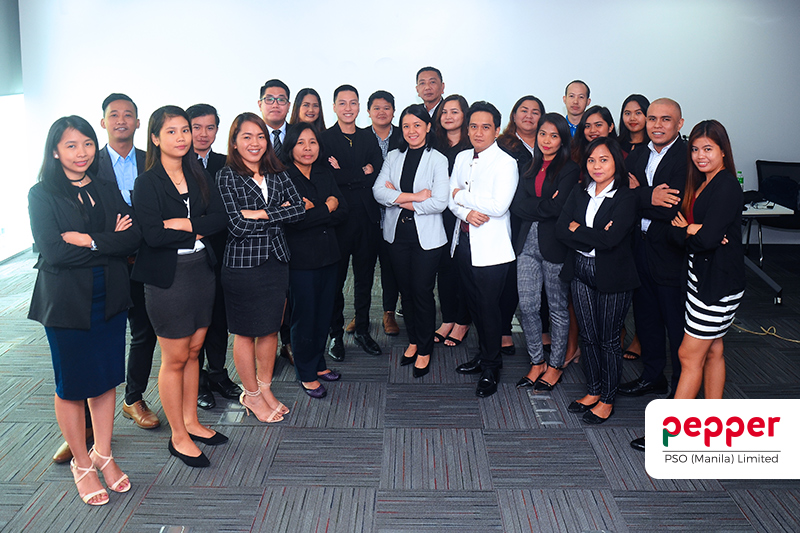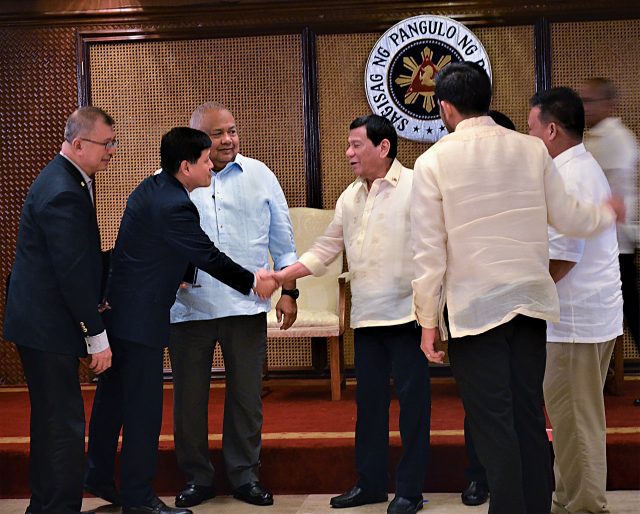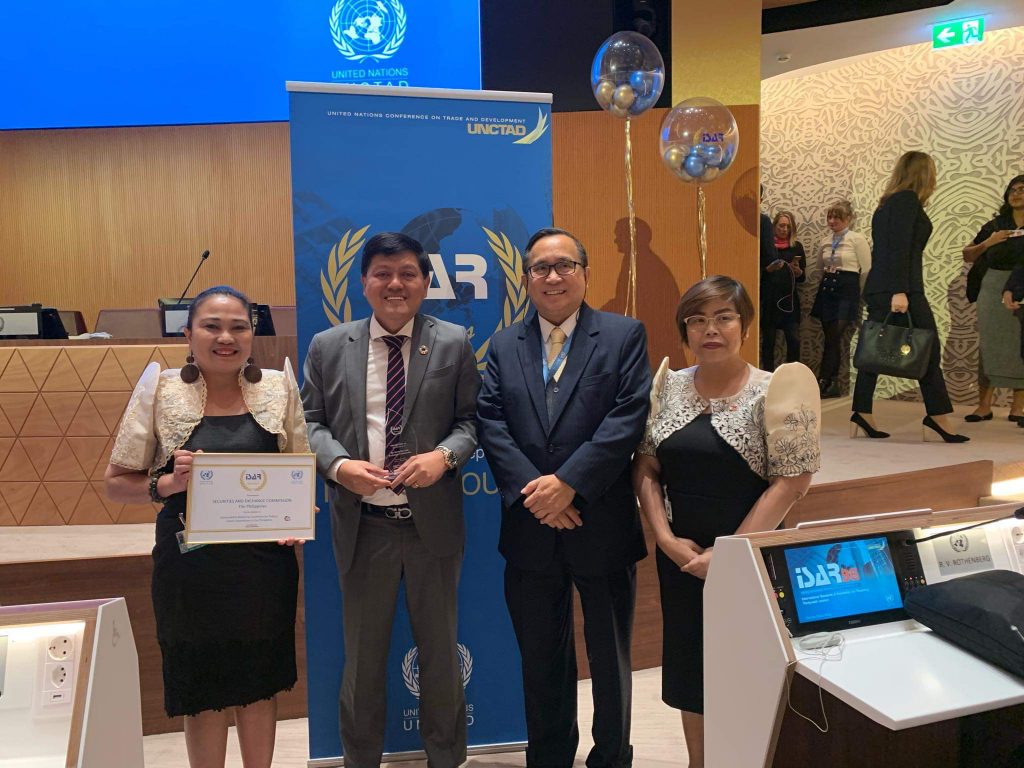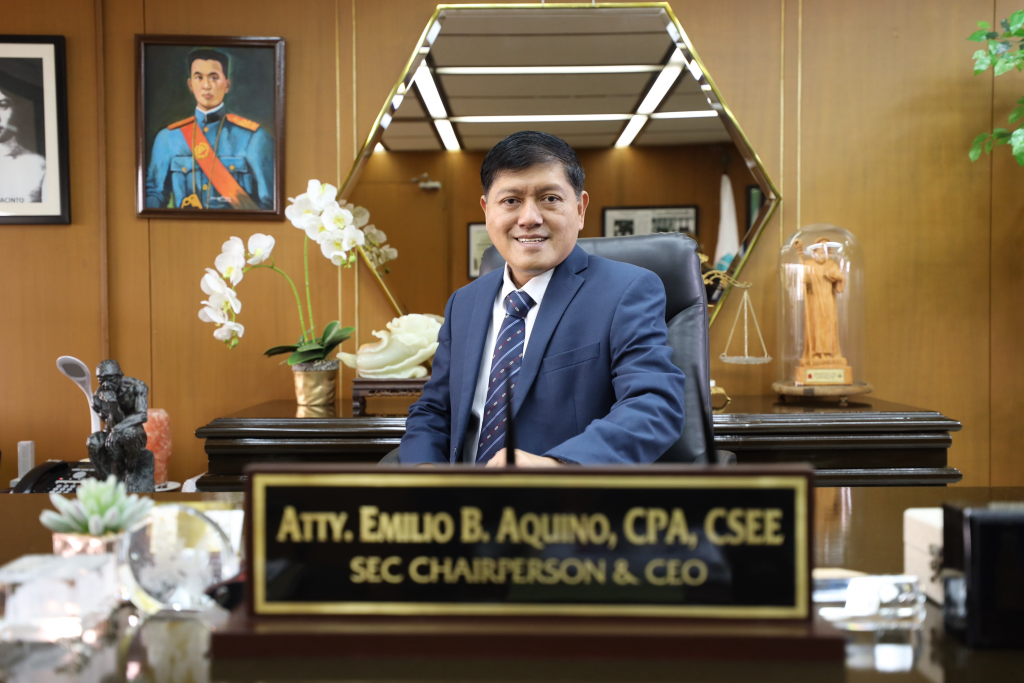NAIROBI — Until a year ago, it would take Pamela Auma a whole month to prepare the land on her farm in western Kenya for planting ahead of the rainy season.
With hoe in hand, the mother-of-seven spent her days digging up the one-acre (0.4-hectare) plot — roughly the size of a football field — and praying she would finish in time to sow her maize and beans crops before the rains arrived.
These days, the same job takes her less than two hours, with the help of a tractor she hired through Hello Tractor, a Kenya-based smartphone app that connects small-scale farmers with nearby tractor owners.
“The tractor is much better than doing it by hand. It gives a quality job and works very fast,” said Ms. Auma, 52, by phone from her farm near the city of Kisumu.
“Before it was hard to find a tractor to hire and it was very costly. Now, the booking agent can quickly find a tractor owner near me by using his phone.”
Across Africa, a growing number of smallholder farmers are tapping into digital technologies to access information, services and products to improve efficiency, boost crop yields and increase incomes.
From Nigeria to Ghana to Kenya, a slew of innovations in agricultural technology — or agri-tech — have emerged over the last decade to serve small farmers, who have long been neglected yet are crucial to the continent’s food security.
These range from SMS weather alerts and mobile apps offering credit, seeds and machinery to more advanced solutions such as precision farming, which uses satellite, drone imagery, and soil sensors to provide real-time data on crop health.
Aloysius Uche Ordu, director of the Africa Growth Initiative at the Brookings Institution, a Washington think-tank, said this digitalization of farming has the potential to transform the sector.
“Africa is the world’s breadbasket — or should be. It has vast arable land, grows a wide variety of crops and has vast irrigation potential with seven major rivers,” said Ordu.
“Yet, Africa imported $43 billion worth of food items in 2019. Digital technologies … are eliminating the traditional inefficiencies of smallholder food production and helping to close the yield gap.”
RUSH TO FEED THE WORLD
More than 80% of the world’s 600 million farming households are smallholders who own less than two hectares of land, says the United Nations’ Food and Agriculture Organization (FAO).
Taking up 12% of arable land globally, these small growers produce more than one-third of the world’s food.
But smallholder farmers across the region face a plethora of challenges.
Farm work is labor intensive and time-consuming. Most farmers face limited market reach, have little information to improve their output, and cannot access credit or insurance to help them get hold of quality agricultural services and inputs such as seeds, fertilisers and machinery.
On top of that, increasingly erratic weather attributed to climate change is hitting crop yields and coronavirus disease 2019 (COVID-19) lockdowns have stifled their ability to access supplies and sell their produce.
But while many farmers struggle to grow enough to make a living, the world needs more food, fast.
The World Resources Institute predicts the global population will reach close to 10 billion by 2050, and to feed that number of people, food production will need to grow by nearly 60%.
‘UBER FOR TRACTORS’
Digital technologies are key to making sure the world has enough to eat, say agri-tech innovators.
Taking advantage of Africa’s fast-growing network of mobile phone users, there are now more than 400 digital agricultural solutions in use across sub-Saharan Africa, according to a 2020 report by global telecoms industry lobby GSMA.
Hello Tractor, the app Auma uses to help with her farm work, operates in 13 countries including Nigeria, Kenya and Tanzania and is often described as an “Uber for tractors”.
The app lets tractor owners rent their machines to smallholders in their area and allows farmers to pool together to rent a vehicle at affordable rates.
The tractors are fitted with GPS devices so owners can monitor their location and activity.
“Mechanization is so important to be a productive farmer. But, small farmers have labor and time constraints where they have a very short window to plant and if they don’t plant on time, they lose yield,” said Hello Tractor’s CEO Jehiel Oliver.
“So this technology is a way to get this expensive equipment to farmers.”
Since launching in 2014, the company has served about half a million farmers, said Mr. Oliver, adding that 55% of the app’s customers were using a tractor for the first time.
There are also apps, like DigiFarm in Kenya, which act as one-stop shops that let farmers bypass middlemen to access low-cost seed and fertilisers, loans and insurance providers, and bulk purchasers.
In Ghana, Farmerline — a voice services and SMS platform — provides farming advice, weather forecasts, market prices and financial tips to about 1 million small growers.
Moses Dery Sekyere, 41, who grows beans, maize and millet on a 10-acre farm in southern Ghana’s Ashani region, said he subscribed to Farmerline in September.
“The information shared with me about harvesting techniques and post-harvest storage has been really beneficial to me this planting season,” he said in emailed comments.
“Now I know how to better handle my produce after harvesting them.”
PlantVillage Nuru app can scan a diseased plant and give advice on how to treat it, while more hi-tech solutions like Nigerian start-up Zenvus use sensors to analyse soil data such as temperature and nutrients so farmers know what fertiliser to apply and when to irrigate.
DIGITAL DIVIDE
Korie Betty Maru, founder of Digital Farmers Kenya, a Facebook group with more than 436,000 members that shares advice and farming technologies, said small-scale farmers are eager to adopt technology and modern ways of farming.
“Be it finding new buyers for their produce, seeking advice from agronomists on fighting pests, or trying out more efficient products such as solar pumps for irrigation,” she said.
Yet despite their abundance, many digital solutions struggle to scale and fail to improve the lives of farmers, researchers have found.
A study by Netherlands-based Technical Centre for Agricultural and Rural Co-operation (CTA) shows more than 33 million smallholder farmers in Africa have registered for some form of digital service, but less than a third use them enough to feel the full benefits.
Internet access is also still out of reach for most small growers in sub-Saharan Africa, where penetration rates are about 26%, says the GSMA.
And women farmers are being left out due to the digital divide — the GSMA reports women in sub-Saharan Africa are 13% less likely than men to own a mobile phone.
In a region where 40–50% of smallholder farmers are women, only a quarter are registered users of digital services, according to the CTA.
Researchers say major investments need to be made in building information and communication technology (ICT) infrastructure and improving digital literacy in rural areas.
Elias Nure, who heads the digital climate-smart agriculture team at the charity Mercy Corps’ AgriFin initiative, which provides specialised digital solutions to farmers, said one of the biggest challenges is adapting these tools.
“Some of these solutions are unbelievable, such as precision agriculture tools, remote sensing tools, blockchain tools and artificial intelligence,” said Mr. Nure.
“But, a lot of them are not developed for African farmers and may not be 100% tailored for smallholders.” — Nita Bhalla/Thomson Reuters Foundation

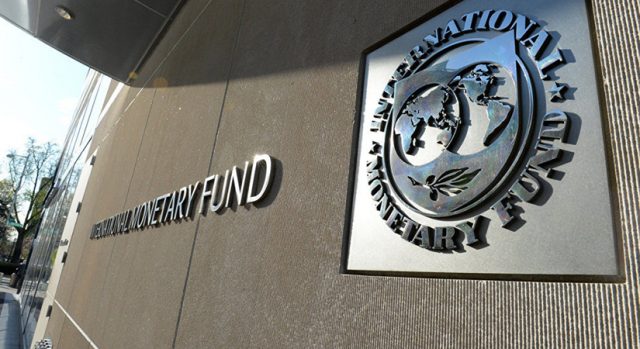

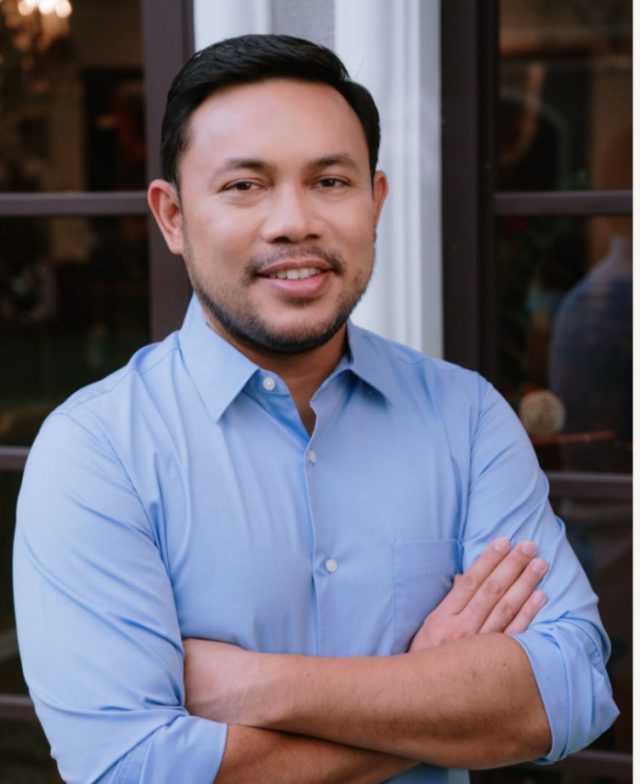





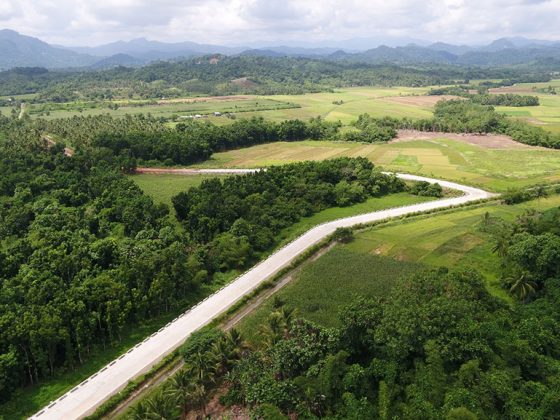
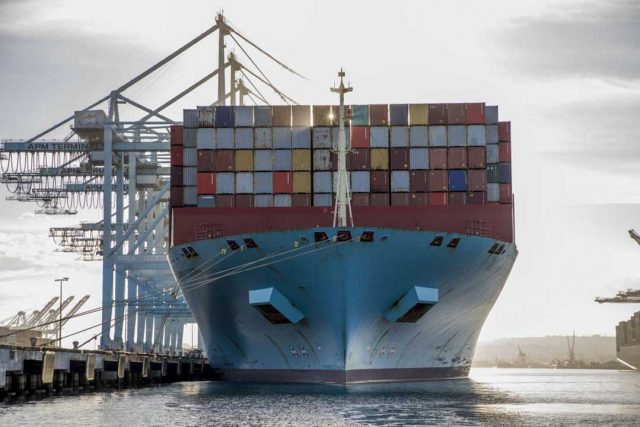
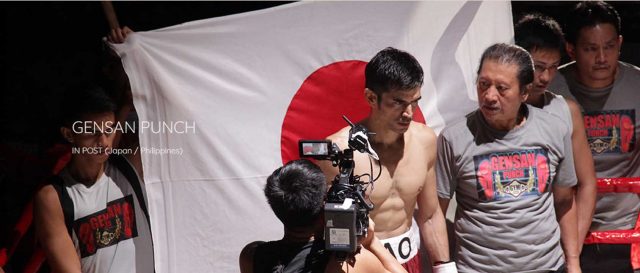


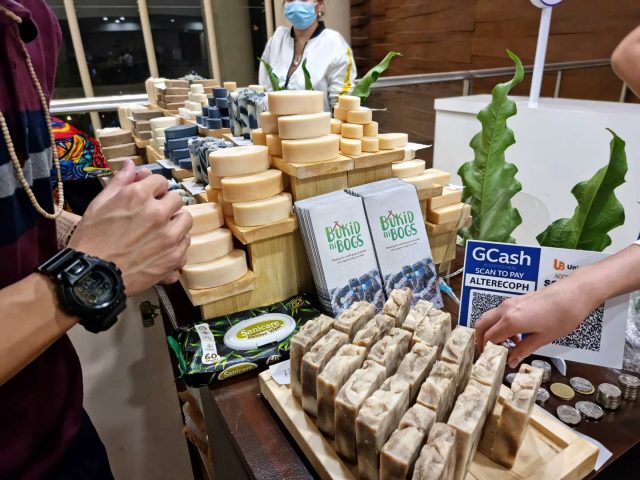
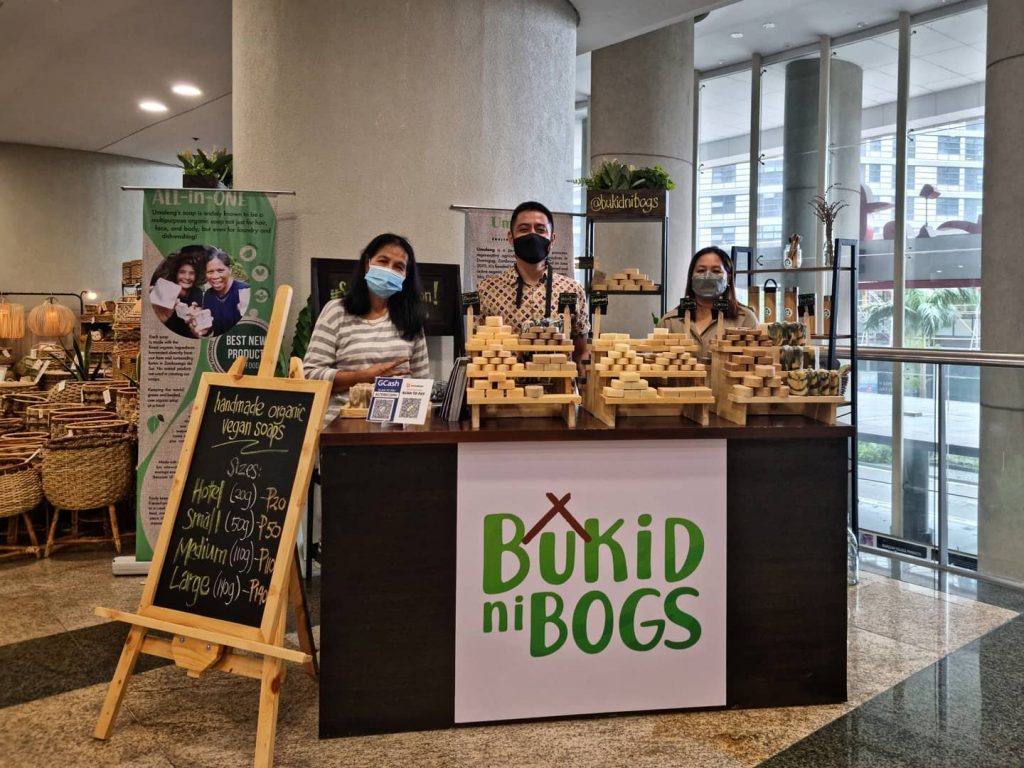
 More handy and sustainable gift items are bamboo straws, a product skillfully made by the Aeta community from Zambales and for sale at Anything Eco in TriNoma.
More handy and sustainable gift items are bamboo straws, a product skillfully made by the Aeta community from Zambales and for sale at Anything Eco in TriNoma. Set up by Belfast native Ian Campbell in 2012, Ten Foundations aims to empower Filipinos with skills, education, training, and employment needed to live in a healthy and self-sustaining environment. The business helps women in Balayan, Batangas on learning how to use industrial sewing machines for making quality schoolbags. These backpacks come in three styles named Pagasa, Kalinga, and Aruga.
Set up by Belfast native Ian Campbell in 2012, Ten Foundations aims to empower Filipinos with skills, education, training, and employment needed to live in a healthy and self-sustaining environment. The business helps women in Balayan, Batangas on learning how to use industrial sewing machines for making quality schoolbags. These backpacks come in three styles named Pagasa, Kalinga, and Aruga. The Pure Bites, a business of Marianne Dagohoy, has a store in Ayala Center Cebu. The enterprise sells healthier food choices like salad meals, nutrient-filled smoothies, and tofu dishes. It can also complete pantry containers with different ingredients such as Himalayan salt, chia seeds, almond nuts, goji berries, and more.
The Pure Bites, a business of Marianne Dagohoy, has a store in Ayala Center Cebu. The enterprise sells healthier food choices like salad meals, nutrient-filled smoothies, and tofu dishes. It can also complete pantry containers with different ingredients such as Himalayan salt, chia seeds, almond nuts, goji berries, and more.




